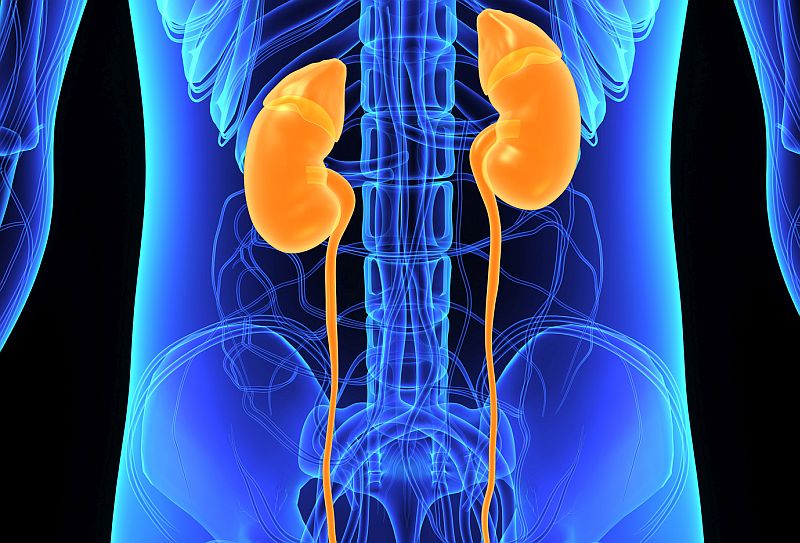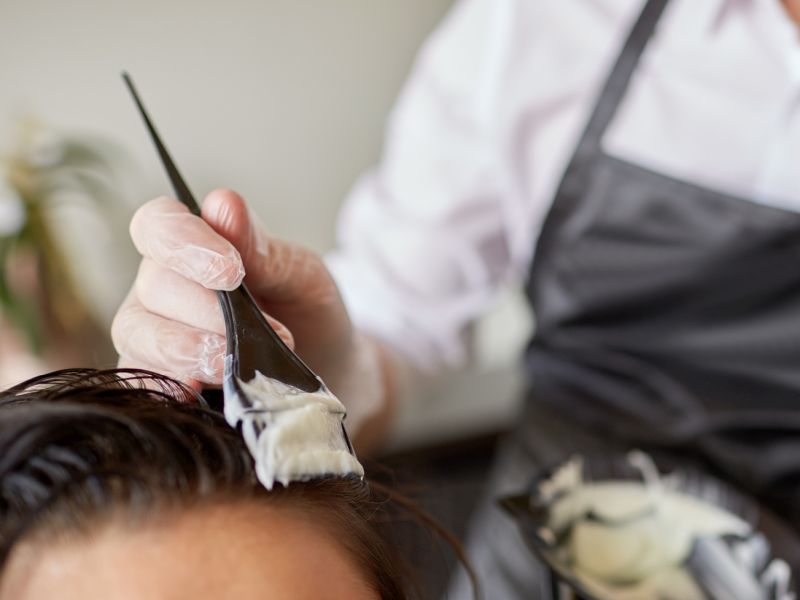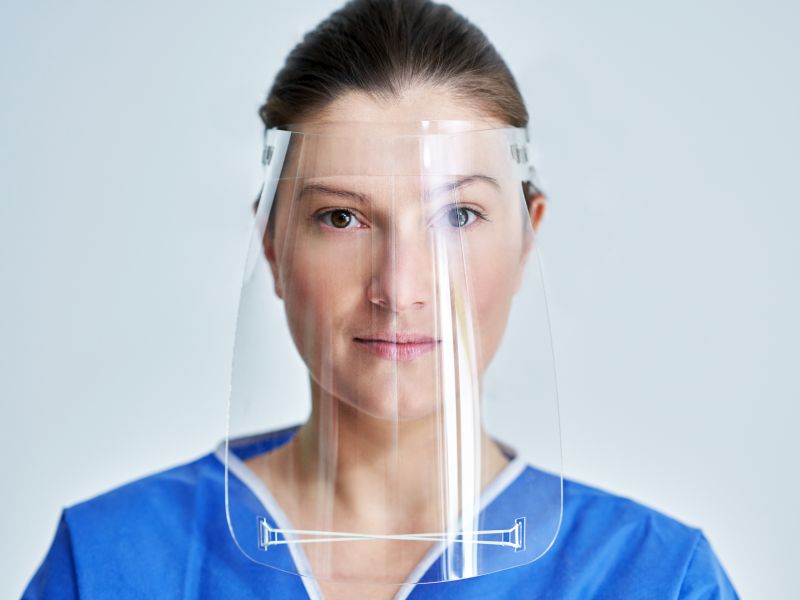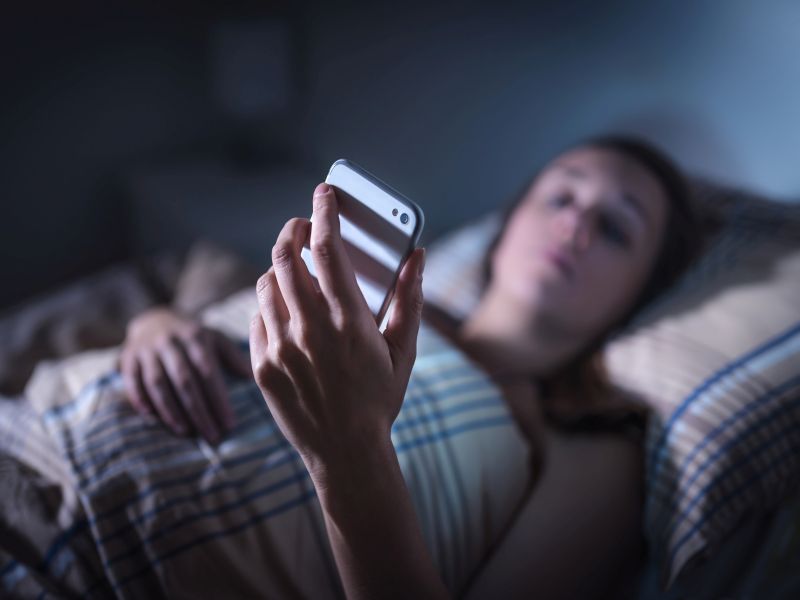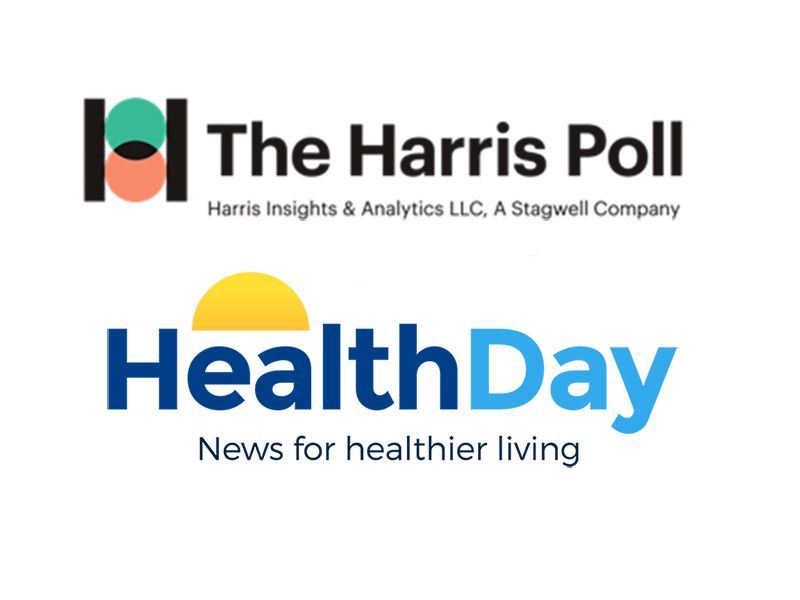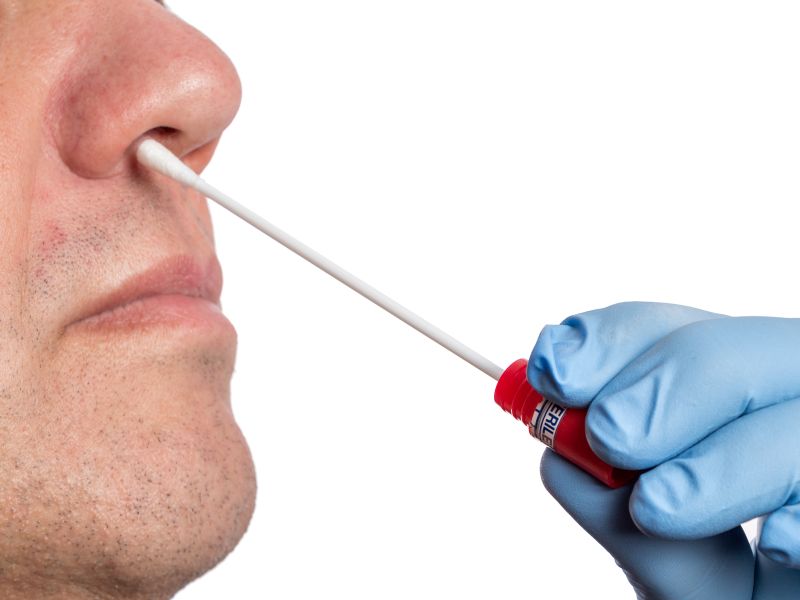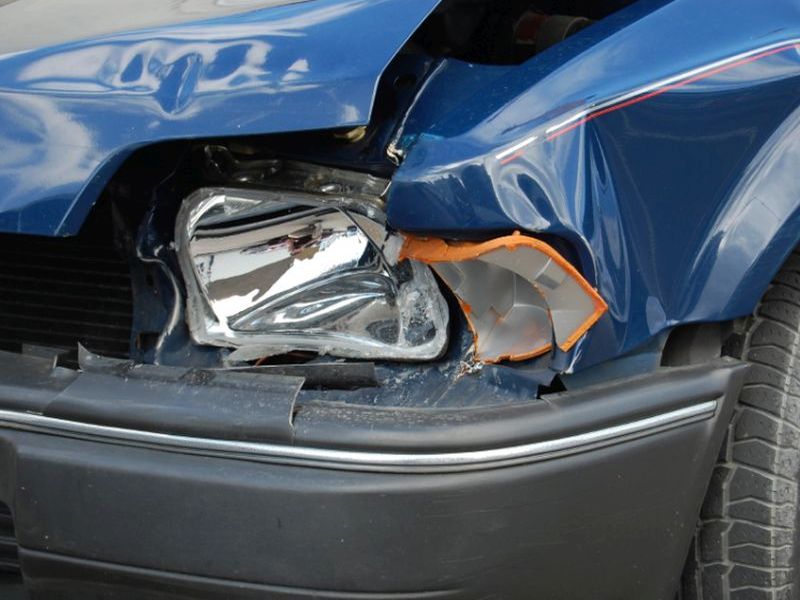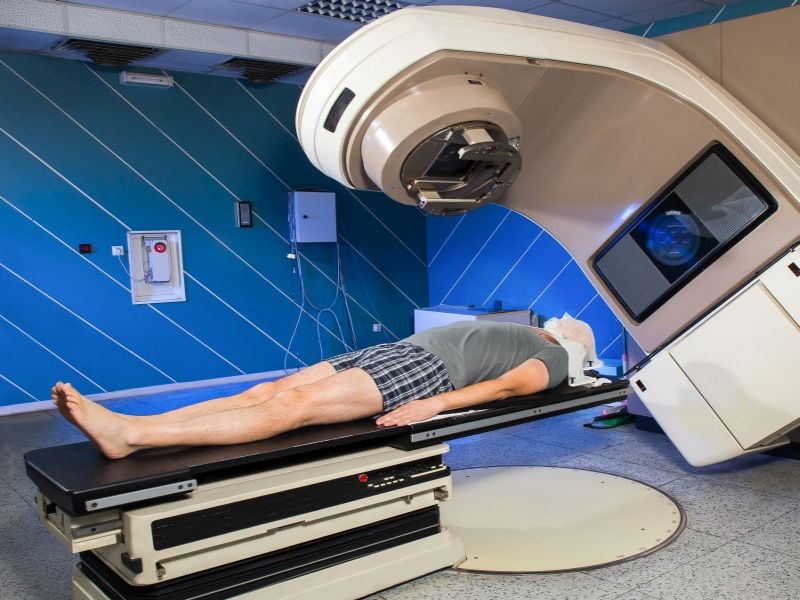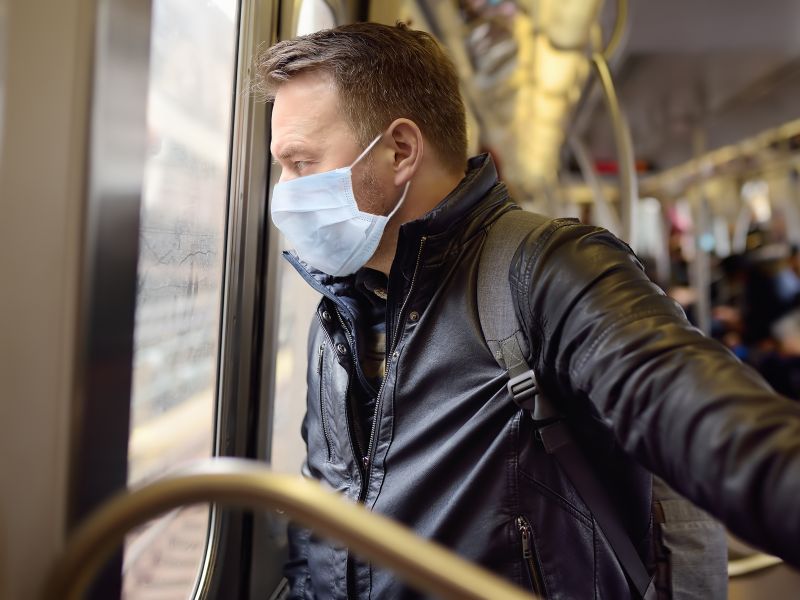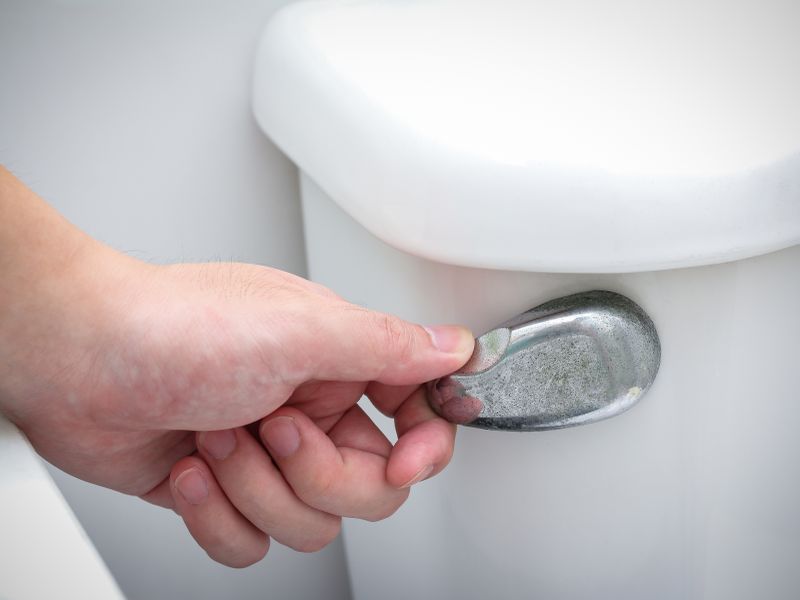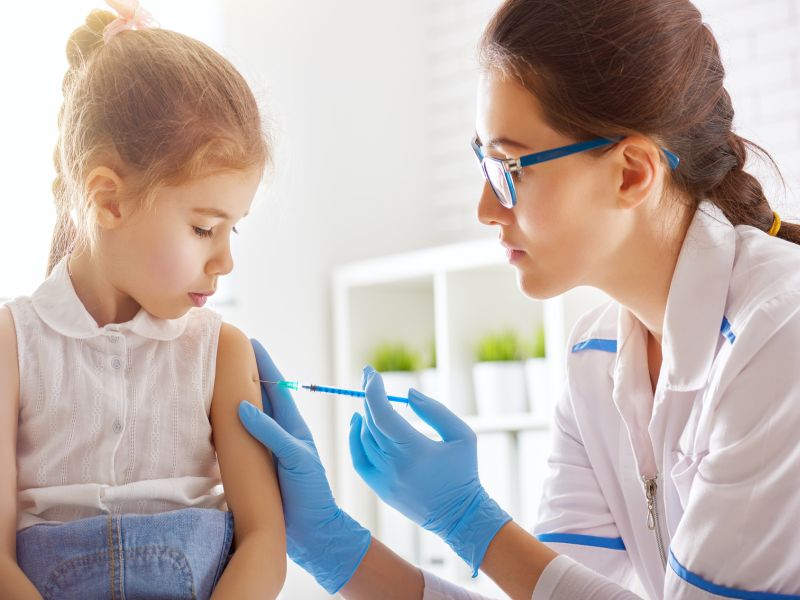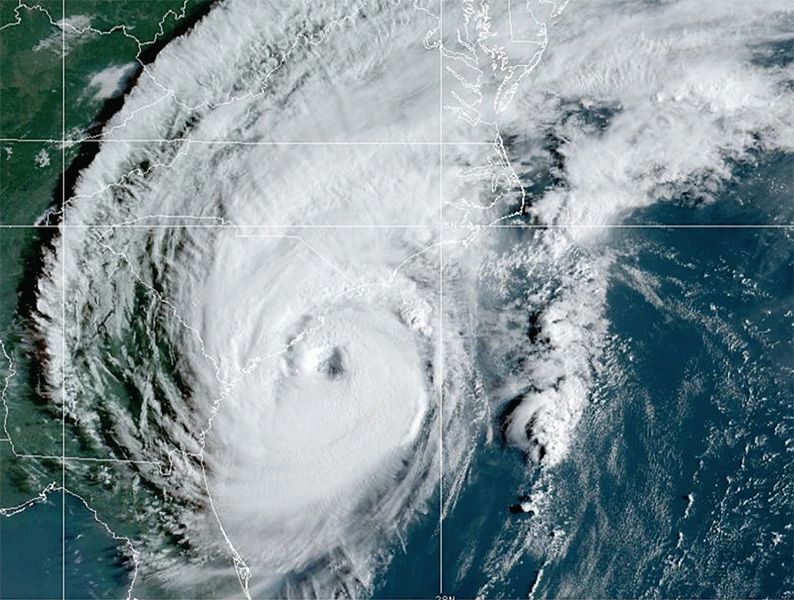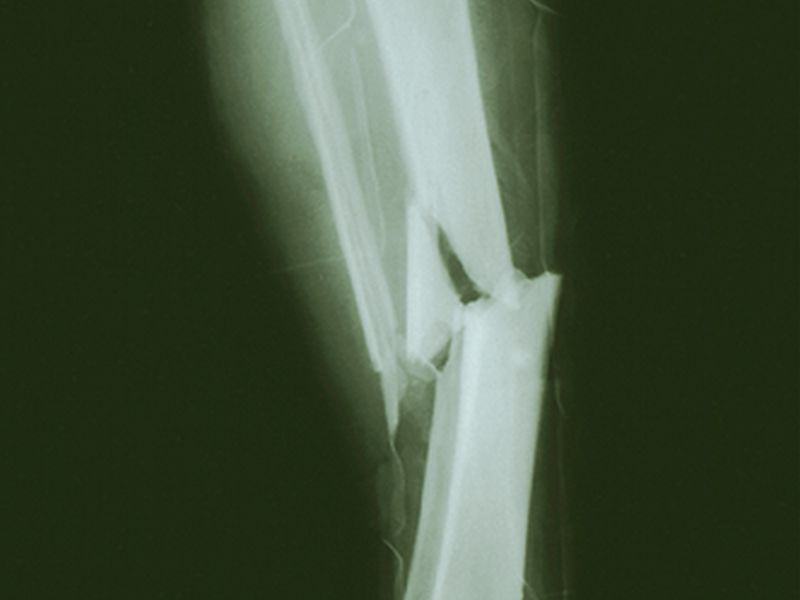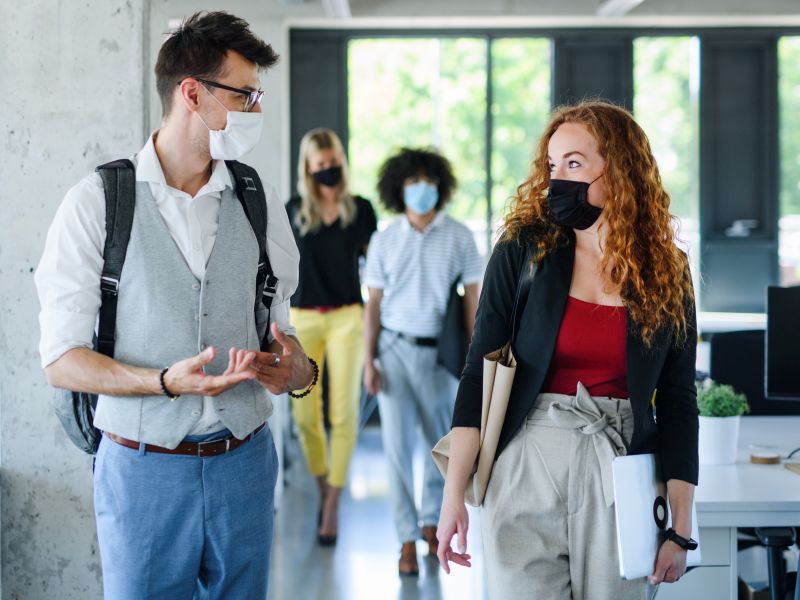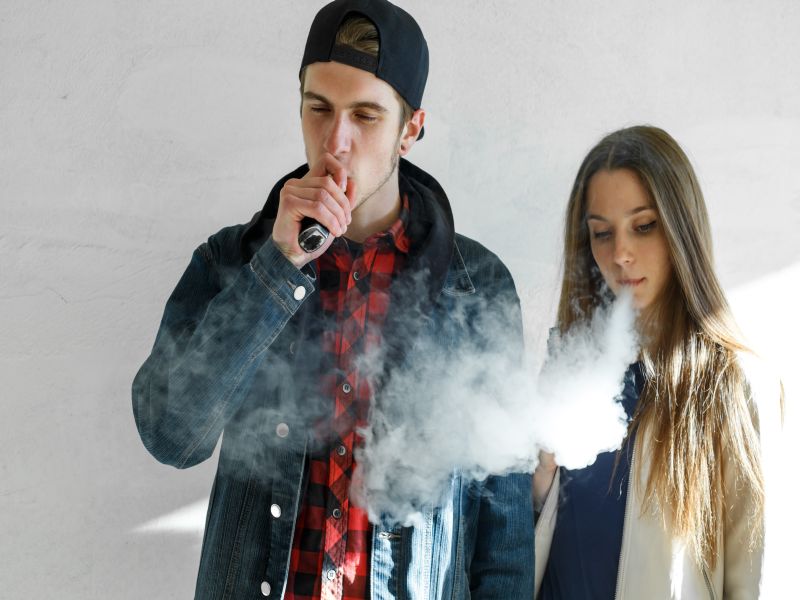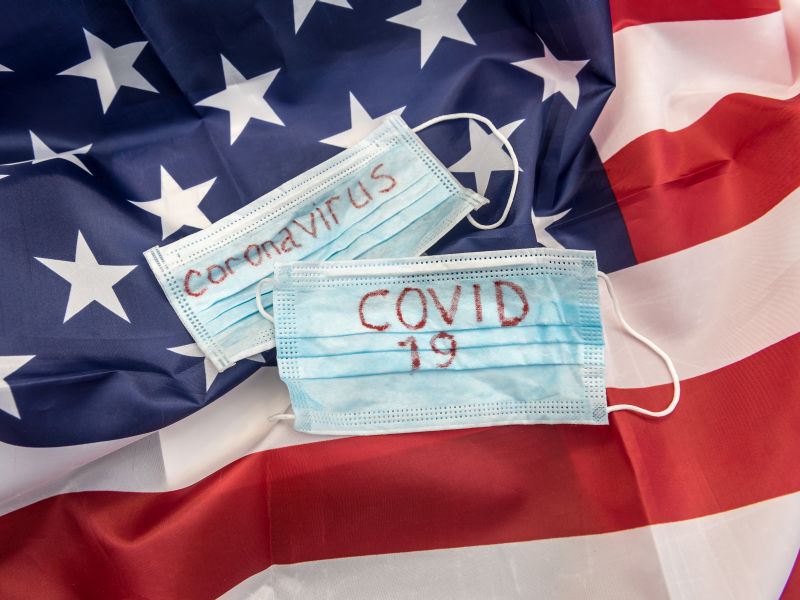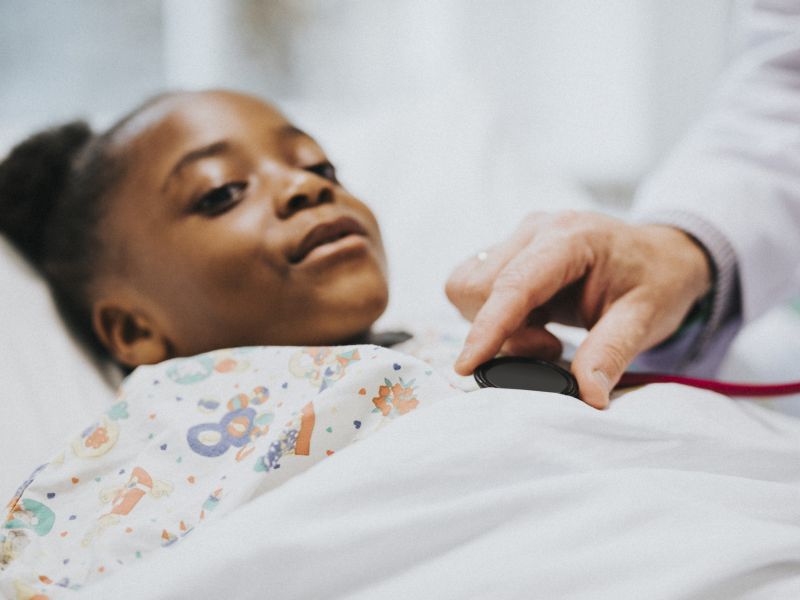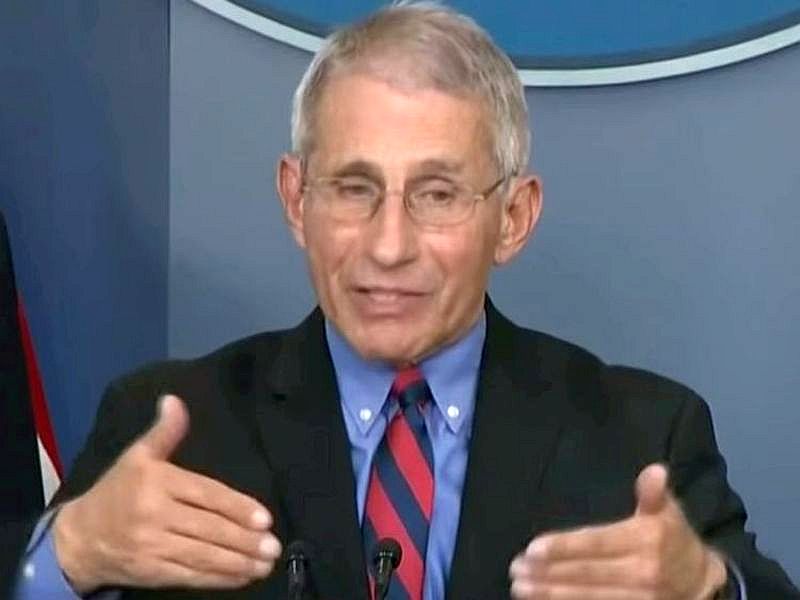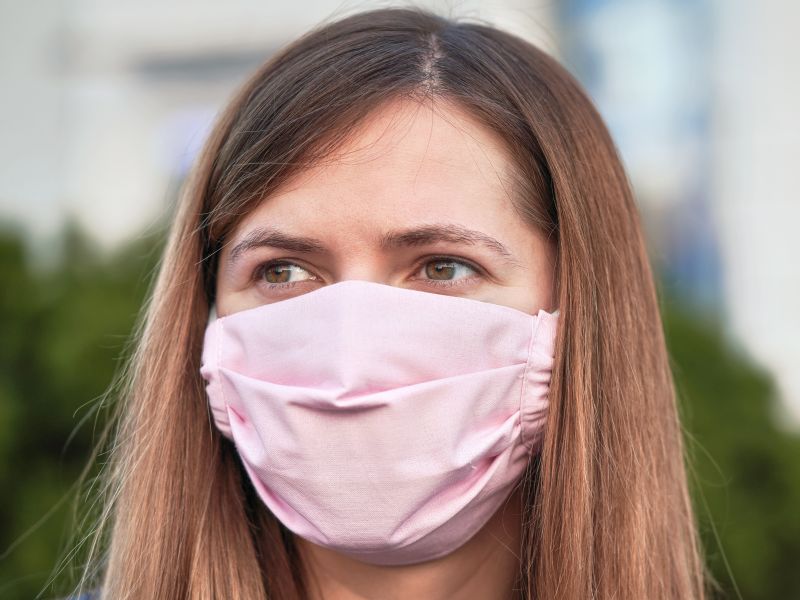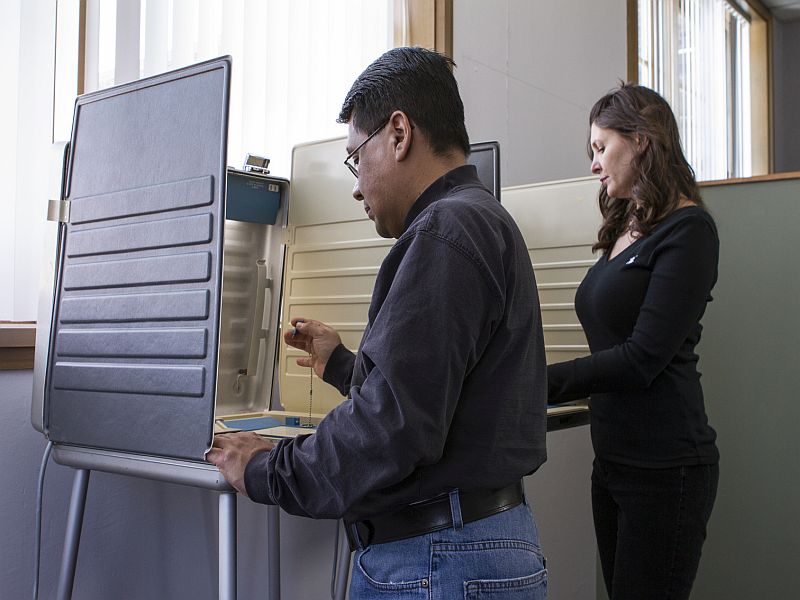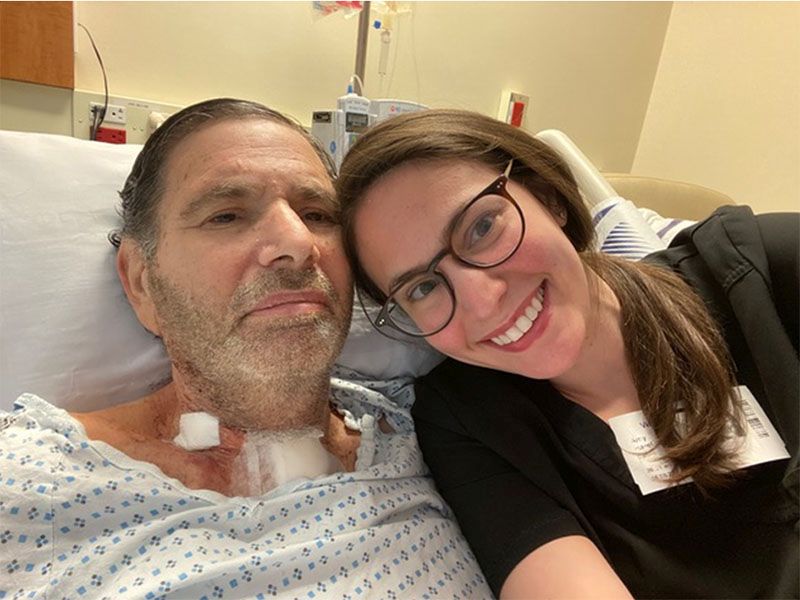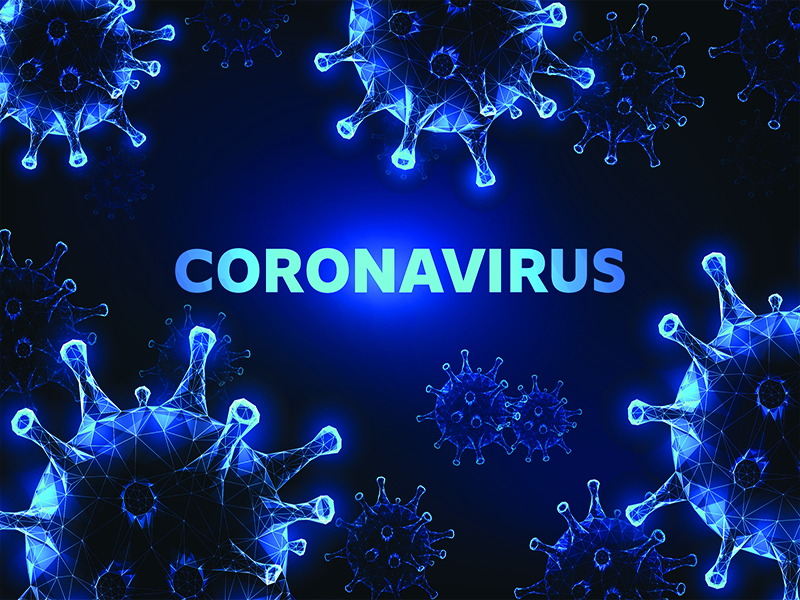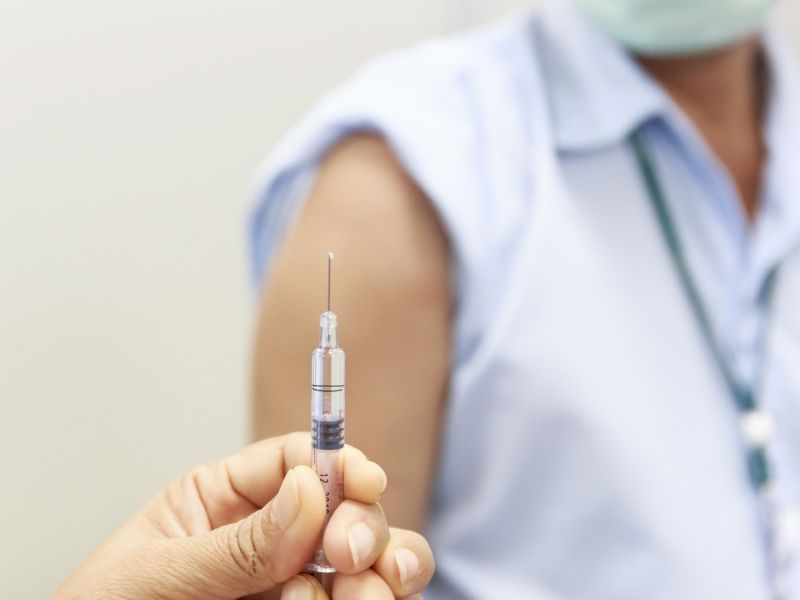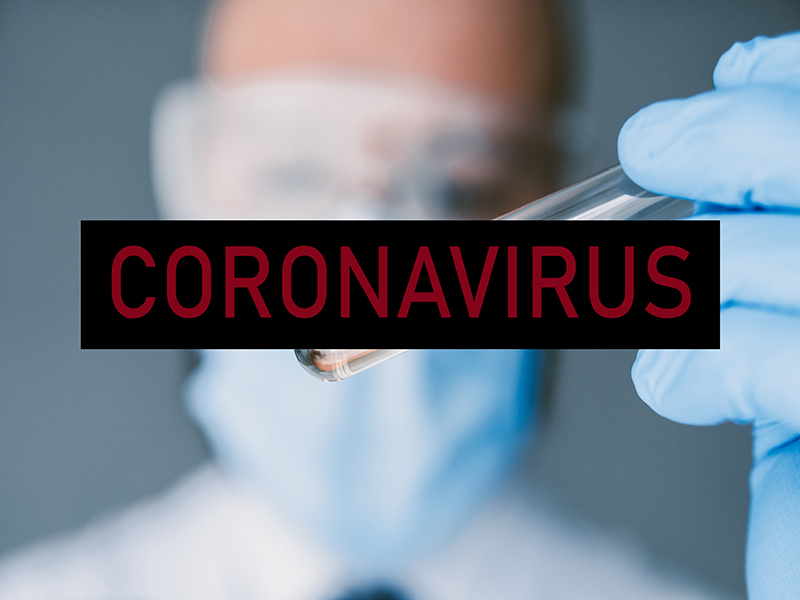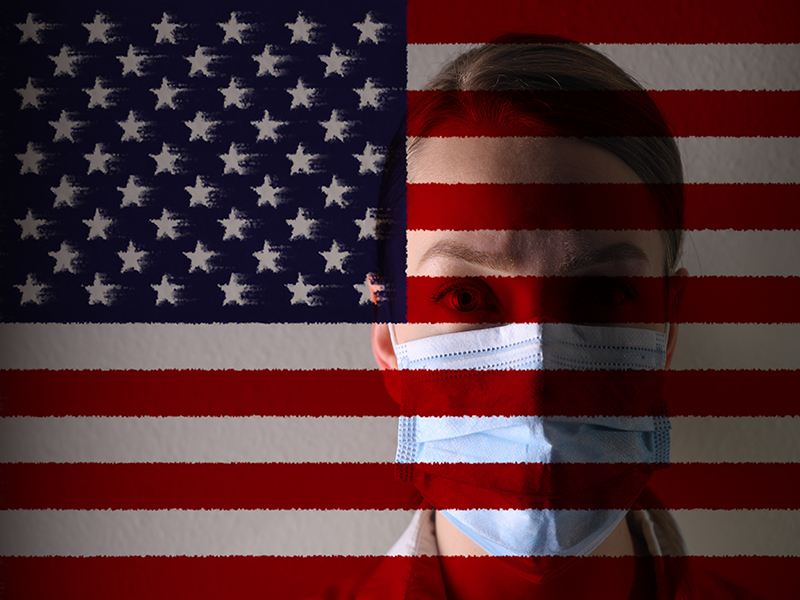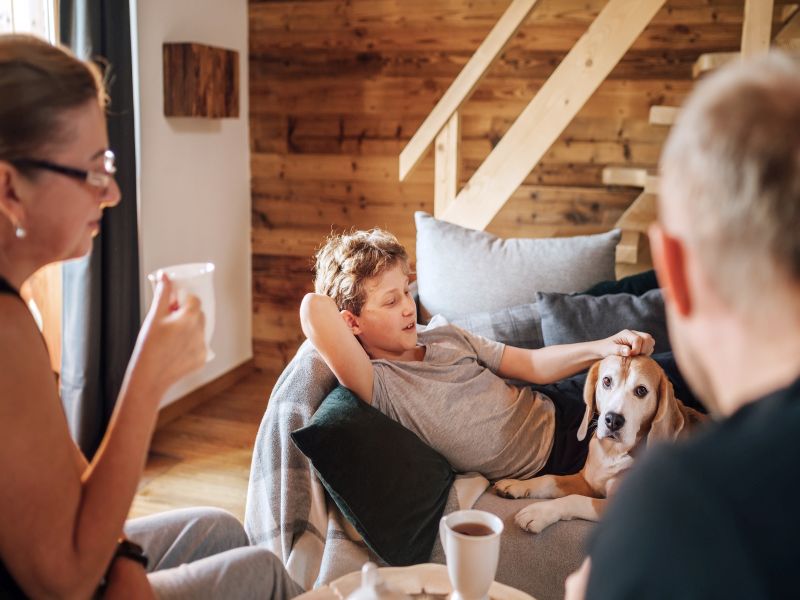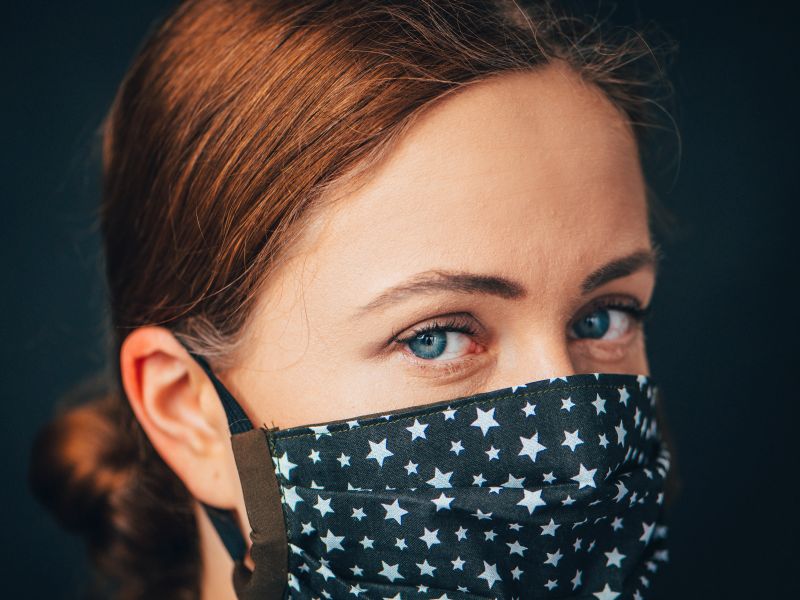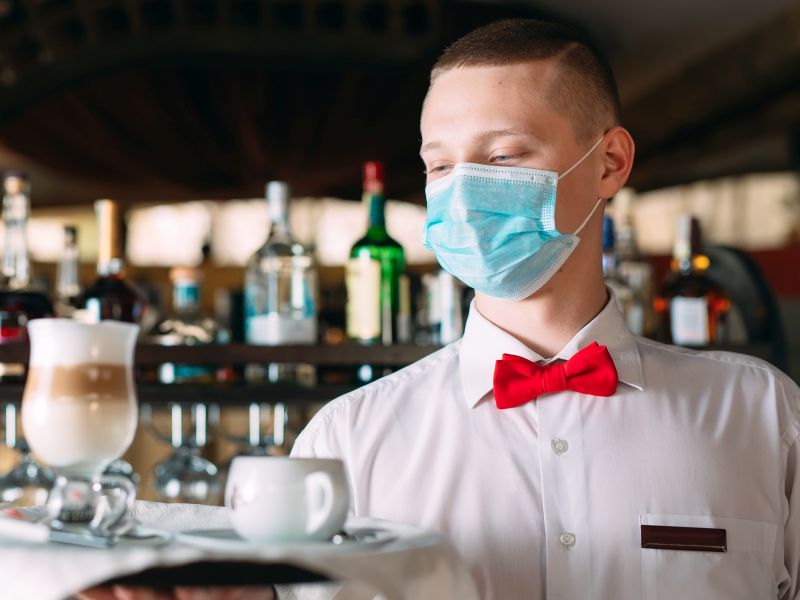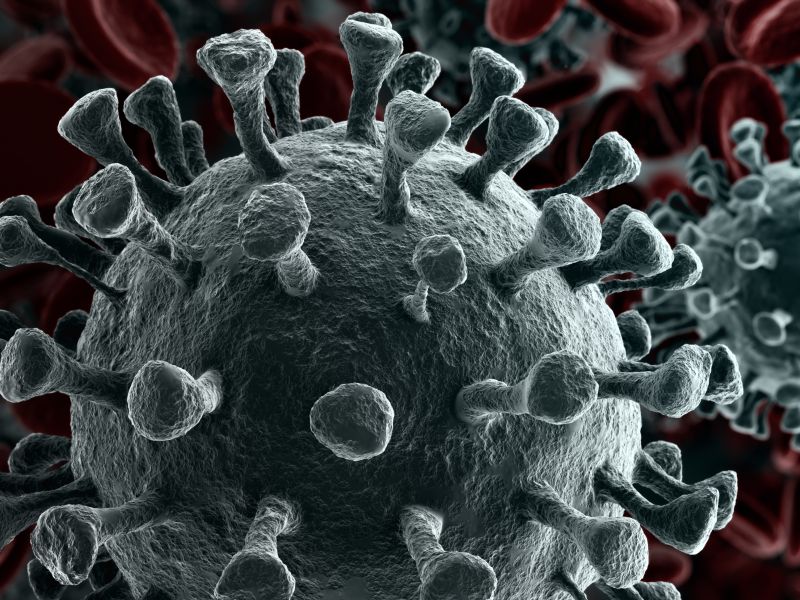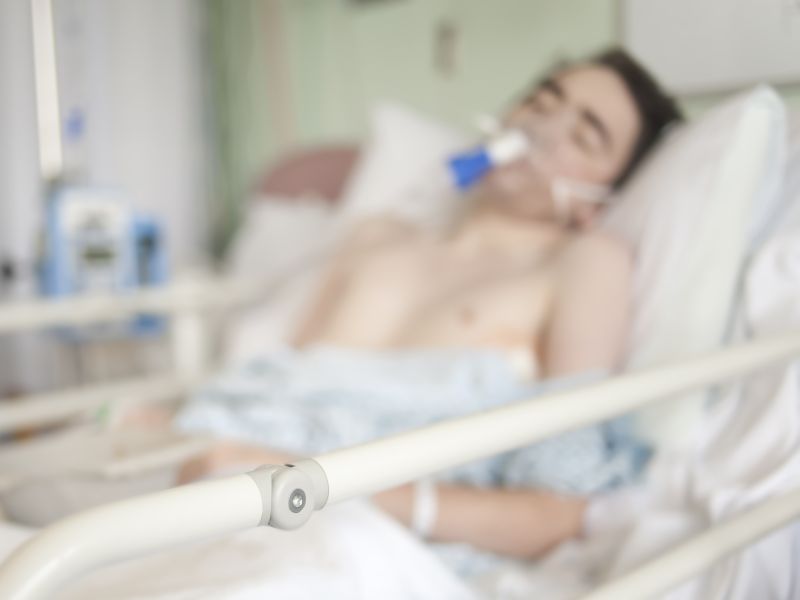Get Healthy!
671 Results for search "Safety &, Public Health: Misc.".
Health News Results - 671
Hearts donated by severely obese donors aren't more risky for recipients than hearts from people who aren't obese, a new study indicates.
"These findings were somewhat surprising because the severely obese donors did tend to have more medical problems, such as diabetes and high blood pressure, than the non-obese donors," said study author Dr. Leora Yarboro. She's an associate professo...
- Robert Preidt
- |
- September 16, 2020
- |
- Full Page
There may have been cases of COVID-19 in Los Angeles as early as last December, months before the first known U.S. cases were identified, a new study claims.
Researchers analyzed data from more than 10 million patient visit records for University of California, Los Angeles (UCLA) Health outpatient, emergency department and hospital facilities. They compared data from the period betwee...
- Robert Preidt
- |
- September 11, 2020
- |
- Full Page
New hepatitis C medications are allowing people to receive a kidney transplant from a deceased donor who had the liver disease -- a strategy aimed at getting more lifesaving organs to patients languishing on waitlists.
Two new studies are highlighting the promise of the approach, showing that if patients are given the drug Mavyret, they can safely receive the kidneys and the organs fu...
- Amy Norton
- |
- September 8, 2020
- |
- Full Page
Social media has been rife with fake health products and financial scams during the coronavirus pandemic, a new study finds.
Thousands of posts have touted illegal or unapproved testing kits, untested treatments and purported but counterfeit cures, according to researchers who analyzed posts on Twitter and Instagram.
"From March to May 2020, we have identified nearly 2,000 f...
- Robert Preidt
- |
- September 7, 2020
- |
- Full Page
Millions of people color their own hair, even though some of the chemicals in permanent hair dyes are considered possible carcinogens.
So, is home hair coloring safe?
According to a new study, the answer is a qualified yes.
After tracking cancer risk among more than 117,000 U.S. women for 36 years, the investigators found that personal use of permanent hair dyes wa...
- Alan Mozes
- |
- September 3, 2020
- |
- Full Page
Indoor spaces often contains harmful chemicals, say researchers who found high levels of toxic flame retardants in the dust of some U.S. college classrooms.
The chemicals have been linked to thyroid disease, infertility, decreased IQ, cancer and other health problems. They were released by furniture in the facilities.
When they get into dust, the chemicals can enter your bod...
- Robert Preidt
- |
- September 3, 2020
- |
- Full Page
For people hoping to swap their face masks for a plastic shield, a new study delivers some bad news: They are not a good alternative.
In experiments that visualized the likely travel patterns of "respiratory droplets," researchers found that plastic face shields are poorer barriers than standard masks. The shields, which sit away from the face and have gaps at the bottom and sides, wo...
- Amy Norton
- |
- September 1, 2020
- |
- Full Page
Cellphone activity could be used to monitor and predict spread of the new coronavirus, researchers say.
They analyzed cellphone use in more than 2,700 U.S. counties between early January and early May to identify where the phones were used, including workplaces, homes, retail and grocery stores, parks and transit stations.
Between 22,000 and 84,000 points of publicly availab...
- Robert Preidt
- |
- September 1, 2020
- |
- Full Page
Handgun licensing laws in U.S. states lead to fewer gun-related homicides and suicides, a new study finds.
These laws go beyond federal background checks by requiring a prospective buyer to apply for a license or permit from state or local law enforcement.
"So much of the gun policy discussion focuses on background checks alone," said study author Alex McCourt, an assistant ...
- Robert Preidt
- |
- August 31, 2020
- |
- Full Page
Americans are generally well-versed about the use of masks to prevent the spread of COVID-19, although knowledge gaps about face coverings persist, a new HealthDay/Harris Poll reveals.
About nine in 10 Americans said they are knowledgeable about mask-wearing and that they sometimes, often or always wear a mask when they leave their home and are unable to social distance, the online po...
- Dennis Thompson
- |
- August 31, 2020
- |
- Full Page
The new rapid COVID-19 test approved last week is probably not the most reliable option for determining whether someone is infected.
But it's cheap and it's fast, and if used correctly, it could be the basis of a screening strategy to keep Americans safe as they return to school and work, infectious disease experts say.
The BinaxNOW COVID-19 Ag Card produced by Abbott Labora...
- Dennis Thompson
- |
- August 31, 2020
- |
- Full Page
As many as 20% of Americans don't believe in vaccines, a new study finds.
Misinformed vaccine beliefs drive opposition to public vaccine policies even more than politics, education, religion or other factors, researchers say.
The findings are based on a survey of nearly 2,000 U.S. adults done in 2019, during the largest measles outbreak in 25 years.
The rese...
- Steven Reinberg
- |
- August 28, 2020
- |
- Full Page
Young adults who've had attention-deficit/hyperactivity disorder (ADHD) since childhood are at increased risk for road crashes, researchers say.
But there is no increased risk for those whose ADHD symptoms have decreased, according to the study published online recently in the Journal of the American Academy of Child and Adolescent Psychiatry.
For the study, the resea...
- Robert Preidt
- |
- August 27, 2020
- |
- Full Page
Cancer patients who need radiation therapy shouldn't let fear of COVID-19 delay their treatment, one hospital study suggests.
Over six days in May, during the height of the pandemic in New Jersey, surfaces in the radiation oncology department at Robert Wood Johnson University Hospital in New Brunswick, N.J., were tested for COVID-19 before cleaning.
Of 128 samples taken in...
- Steven Reinberg
- |
- August 27, 2020
- |
- Full Page
Here's some reassuring news for those who wonder whether face masks really work: New research shows a face covering can block 99.9% of respiratory droplets when a person speaks or coughs, significantly lowering the risk of coronavirus transmission.
Researchers at the University of Edinburgh in the United Kingdom conducted tests with people and with a life-sized human model connect...
- Robert Preidt
- |
- August 26, 2020
- |
- Full Page
Scientists worldwide are racing to test and manufacture one or more coronavirus vaccines. But once a vaccine is proven safe and effective, one big question remains: How do you persuade everyone to take it?
Health experts have reason to worry.
Less than half of all American adults say they plan to get a COVID-19 vaccine when it becomes available, according to two recent polls...
- Serena McNiff
- |
- August 25, 2020
- |
- Full Page
Flushing public toilets or urinals can spew clouds of particles filled with germs into the air, including the new coronavirus that causes COVID-19, Chinese researchers warn.
That's why wearing a mask is a must if you need to use a public restroom. Both urine- and feces-based virus transmission is possible.
A study by Yangzhou University researchers found public urinals could...
- Robert Preidt
- |
- August 24, 2020
- |
- Full Page
When elementary school students get their annual flu shot, everyone benefits, a new study shows.
An increased vaccination rate among grade schoolers in California was associated with a decrease in flu hospitalizations for folks in every other age bracket, researchers report.
The results come as no surprise to public health experts, given children's well-earned reputation as ...
- Dennis Thompson
- |
- August 21, 2020
- |
- Full Page
Children can now be vaccinated by pharmacists in all 50 states as the U.S. government seeks to prevent a decline in routine vaccinations during the coronavirus pandemic.
While 28 states already allowed pharmacists to vaccinate children, the directive announced Wednesday by the U.S. Department of Health and Human Services (HHS) will temporarily override restrictions in 22 states starti...
- Robert Preidt
- |
- August 19, 2020
- |
- Full Page
A hurricane is bearing down on your coastal community, bringing with it deadly storm surge flooding and airborne debris propelled by high winds.
But this year there's another killer lurking about -- the invisible menace posed by the COVID-19 coronavirus.
Public health and emergency management experts are sounding the alarm that the twin risks of the annual hurricane season a...
- Dennis Thompson
- |
- August 19, 2020
- |
- Full Page
The World Health Organization recommended postponing routine dental care during the coronavirus pandemic, but the American Dental Association (ADA) strongly disagrees.
"Oral health is integral to overall health. Dentistry is essential health care," said ADA President Dr. Chad Gehani. "Dentistry is essential health care because of its role in evaluating, diagnosing, preventing or trea...
- Steven Reinberg
- |
- August 19, 2020
- |
- Full Page
X-ray evidence points to pandemic lockdowns triggering a surge in cases of domestic violence.
Data from a major Massachusetts hospital found a significant year-over-year jump in intimate partner violence cases among patients -- nearly all women -- who sought emergency care during the COVID-19 pandemic's first few weeks.
"This data confirms what we suspected," said study co-a...
- Alan Mozes
- |
- August 18, 2020
- |
- Full Page
New York City residents are more likely to shop in stores where social distancing is practiced than where it is ignored, a new study finds.
"We want to understand how people are making decisions based on compliance with the health guidelines," said Ricardo Daziano, associate professor of civil and environmental engineering at Cornell University in Ithaca, N.Y.
"Until a vac...
- Steven Reinberg
- |
- August 14, 2020
- |
- Full Page
Regular testing to catch "silent" COVID-19 spread among students will be key to safely reopening colleges this fall, campus infection control experts say.
Extensive modeling suggests that testing college students for COVID every two to three days using a low-cost, less accurate test would be the best strategy for campuses to safely reopen this fall, according to research led by David ...
- Dennis Thompson
- |
- August 12, 2020
- |
- Full Page
Young people who use electronic cigarettes face an increased risk of COVID-19 infection, according to a new study.
Teens and young adults who vaped were five times more likely to be diagnosed with COVID-19. And young folks who vape and also smoke regular cigarettes have a sevenfold higher risk of getting COVID-19, researchers found.
The finding -- published Aug. 11 in the ...
- Serena Gordon
- |
- August 11, 2020
- |
- Full Page
As debate intensifies over reopening schools during the coronavirus pandemic, Stanford University experts offer some tips to make the return to classrooms safer.
The American Academy of Pediatrics has highlighted the importance of kids returning to the classrooms.
"Prolonged school closures can exacerbate socioeconomic disparities, causing negative education and health outcome...
- Steven Reinberg
- |
- August 11, 2020
- |
- Full Page
As the November presidential election approaches in the United States, researchers say that many states still aren't prepared to deal with the chaos the coronavirus pandemic could cause.
"The COVID-19 pandemic presents a severe threat to states' 2020 election plans, which will have higher turnout and higher stakes since this is a presidential election year," said researcher Jennifer ...
- Steven Reinberg
- |
- August 10, 2020
- |
- Full Page
U.S. minorities have been particularly hard-hit by the coronavirus pandemic, and a new study suggests kids are no exception.
Researchers found that at one community testing site, nearly half of Hispanic children and teens were positive for SARS-CoV-2, the virus that causes COVID-19. The same was true of 30% of Black kids.
The rate among white kids hovered around 7%.<...
- Amy Norton
- |
- August 7, 2020
- |
- Full Page
Despite facing continued criticism from the Trump administration, Dr. Anthony Fauci is still the considered best source for COVID-19 information, an online poll finds.
A growing number of Americans say federal, state and local governments are doing a poor job of responding to the coronavirus pandemic -- and a shrinking number see President Donald Trump as a reliable information sourc...
- Steven Reinberg
- |
- August 5, 2020
- |
- Full Page
For most people, wearing a face mask is a harmless inconvenience, but wearing the coverings may cause skin problems for some, one dermatologist explains.
It's been called mask-acne, or "maskne."
Dermatologist Dr. Allison Truong, from Cedars-Sinai Medical Group in Los Angeles, said that she is seeing many patients with this problem.
Patients are complaining of thre...
- Steven Reinberg
- |
- August 5, 2020
- |
- Full Page
With the 2020 presidential election just three months away, new research suggests an election can be held safely if stringent steps are taken to lower COVID-19 infection risk.
The conclusion follows a U.S. Centers for Disease Control and Prevention investigation that looked at what happened in the city of Milwaukee this past April after Wisconsin became the first state to hold ...
- Alan Mozes
- |
- August 4, 2020
- |
- Full Page
For Ron Panzok and many patients like him, the battle with COVID-19 didn't end when he left the hospital.
From the ambulance ride to North Shore University Hospital on New York's Long Island to the day he finally woke from a medically induced coma five weeks later, Panzok doesn't remember a thing. He missed more than a month of his life.
But emerging from the coma was only t...
- Serena McNiff
- |
- July 31, 2020
- |
- Full Page
A new study explains how the coronavirus hitches a ride on droplets released when you cough, sneeze, talk or speak, and travels around a room.
The University of Minnesota scientists hope their work will help schools and businesses take steps to reduce the chance of COVID-19 transmission as they reopen.
For the study, they created a model of how these aerosols travel in indo...
- Steven Reinberg
- |
- July 31, 2020
- |
- Full Page
Children with COVID-19 carry as much or more coronavirus in their nose as adults, suggesting that they could pose a serious infection risk if schools and day care centers reopen, a new study argues.
Coronavirus testing performed in Chicago in March and April shows that children and teens tend to have as much virus in their nasal passages as adults, according to a research letter publi...
- Dennis Thompson
- |
- July 30, 2020
- |
- Full Page
First responders to the 9/11 terrorist attacks appear to be at increased risk for Alzheimer's disease and dementia, new research suggests.
The prevalence of post-traumatic stress disorder (PTSD) and mild thinking impairments among them is well-known, and now two studies from Stony Brook University in New York have identified changes in their brains similar to those in dementia patient...
- Serena McNiff
- |
- July 28, 2020
- |
- Full Page
Vaccines remain a "remarkably safe" way to protect human health, thanks to a rigorous system of safety monitoring that continues after approval, a new review shows.
Ongoing safety monitoring led to safety-related label changes in 25 out of 57 vaccines approved by the U.S. Food and Drug Administration over a two-decade period, mostly related to the vaccine's effect on specific groups o...
- Dennis Thompson
- |
- July 28, 2020
- |
- Full Page
Powerful antibodies found in certain COVID-19 survivors could treat patients with the disease and even protect against infection, researchers report in a new animal study.
These antibodies are among the most potent against the SARS-CoV-2 virus, and could be produced by drug companies in large quantities, according to a team from Columbia University Irving Medical Center.
"We...
- Robert Preidt
- |
- July 28, 2020
- |
- Full Page
In the midst of a pandemic, many Americans still view face mask mandates as an assault on their personal freedoms, rather than a means of protecting themselves and others from COVID-19.
But a group of researchers out of Duke University say the mask backlash can be turned around -- as long as efforts to do so are grounded in empathy, not judgment.
As coronavirus cases in the...
- Alan Mozes
- |
- July 27, 2020
- |
- Full Page
A lab-created virus that's similar to but not as dangerous as the new coronavirus could aid efforts to create COVID-19 treatments and vaccines, according to scientists who created it.
Airborne and potentially deadly, the SARS-CoV-2 virus that causes COVID-19 must be studied under strict safety conditions. Precautions include full-body biohazard suits with pressurized respirators, and ...
- Robert Preidt
- |
- July 27, 2020
- |
- Full Page
In a finding that could inform the world's response to the coronavirus pandemic, researchers say they determined how public health measures beat an outbreak of typhus in the Warsaw Ghetto during World War II.
Using mathematical modeling and historical documents, the study showed how community health programs and social distancing beat back the epidemic.
In 1941, the Nazis co...
- Steven Reinberg
- |
- July 24, 2020
- |
- Full Page
People with COVID-19 are told to keep their distance from family members to protect them from infection. But a new study finds that one-fifth of U.S. homes are too small for that to happen.
Researchers found that more than 20% of households nationwide lacked enough bedrooms and bathrooms to allow a person with COVID-19 to isolate. That covers roughly one-quarter of the population....
- Amy Norton
- |
- July 24, 2020
- |
- Full Page
When it comes to homemade face masks, two or three layers of fabric is best, researchers say.
That's what you need to keep droplets from your nose and mouth from spreading the virus, the Australian scientists found.
Several kinds of material have been suggested for making masks, but there's little or no evidence of how effective they are, the team noted.
For the st...
- Steven Reinberg
- |
- July 24, 2020
- |
- Full Page
A ton of dangerous lead dust may have been deposited around Notre Dame cathedral in Paris when it burned in April 2019 -- far more than had been estimated, a new study suggests.
The cathedral's roof and spire were covered in 460 tons of lead -- a neurotoxic metal that's especially dangerous to children -- and questions have been raised about how much lead was released into nearby neig...
- Robert Preidt
- |
- July 22, 2020
- |
- Full Page
On the front lines of the war against COVID-19, masks have become a flashpoint.
How well do they protect against the new coronavirus -- if at all? To separate facts from fiction, two experts from Penn State Health weigh in to clear up common misconceptions.
They laid to rest the claim that no studies have investigated the effectiveness of masks.
"Several observa...
- Robert Preidt
- |
- July 22, 2020
- |
- Full Page
Face masks help prevent the spread of COVID-19, but they have a huge downside for people with hearing problems: They muffle sound and prevent lip-reading.
But that's only one of several ways that pandemic-related safety precautions are making communication more challenging for those who are deaf or have hearing problems, researchers say.
Limits on visitors in medical set...
- Serena McNiff
- |
- July 17, 2020
- |
- Full Page
Restaurant dining used to be a routine affair, but many now dread the thought of chowing down in a roomful of bare-faced strangers.
So as state-level lockdowns wax and wane, how safe is it to dine at your favorite restaurant?
There's some risk, but with proper precautions you should be able to enjoy your meal with a reduced risk of exposure to the coronavirus, experts say.
- Dennis Thompson
- |
- July 17, 2020
- |
- Full Page
Each COVID-19 death in the United States leaves an average of nine close family members to grieve, researchers say.
With more than 137,000 deaths so far in the pandemic, that means about 1.2 million Americans have lost a grandparent, parent, sibling, spouse, child or other close relative.
"In just a few short months, over 1 million Americans have experienced an irreplaceable...
- Robert Preidt
- |
- July 17, 2020
- |
- Full Page
Lockdown measures helped reduce the number of COVID-19 cases in countries around the world, a new study finds.
Moreover, earlier stay-in-place restrictions such as closing schools and workplaces were tied to a greater reduction in cases, according to British researchers.
The findings, published July 15 in the BMJ, were based on data from 149 countries and regions.
- Robert Preidt
- |
- July 16, 2020
- |
- Full Page
With coronavirus infections soaring among young Americans, a new study shows they may be more vulnerable to serious complications than many believe.
Researchers found that about one-third of Americans ages 18 to 25 had risk factors that make them vulnerable to severe COVID-19. The most common was smoking, followed by asthma, obesity and immune system disorders like rheumatoid arthriti...
- Amy Norton
- |
- July 15, 2020
- |
- Full Page
While Americans continue to debate whether face masks can stop the spread of coronavirus, a new report offers compelling evidence that the coverings do indeed work.
In May, two hairstylists at a Missouri salon who had COVID-19 but wore face masks cut the hair of 139 masked customers for roughly a week, and did not infect a single client. They also did not infect any of the clients' co...
- Robin Foster
- |
- July 14, 2020
- |
- Full Page


